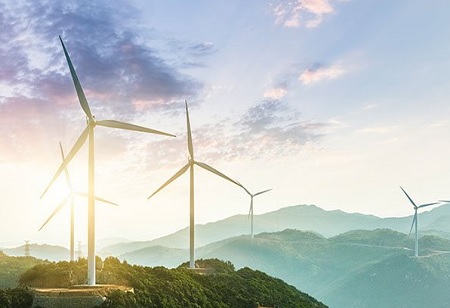
Philippines Aims for P31 Trillion Clean Energy Investment by 2040

 The Philippines is embarking on an ambitious journey towards achieving substantial investments in renewable energy (RE), aiming to secure between P20 trillion to P31 trillion by 2040 to facilitate the nation's transition to clean energy sources. This initiative was highlighted by Energy Undersecretary Rowena Cristina Guevara during a forum hosted by the Asian Development Bank.
The Philippines is embarking on an ambitious journey towards achieving substantial investments in renewable energy (RE), aiming to secure between P20 trillion to P31 trillion by 2040 to facilitate the nation's transition to clean energy sources. This initiative was highlighted by Energy Undersecretary Rowena Cristina Guevara during a forum hosted by the Asian Development Bank.
The envisioned capacity of over 52.8 gigawatts of RE includes targets of 27 GW for solar, 16.6 GW for wind, 6 GW for hydro, 2.5 GW for geothermal, and 360 megawatts for biomass. Despite these ambitious goals, the Philippines faces various challenges, notably in financing. While the Department of Energy (DOE) has awarded over 1,300 service contracts totalling 130 GW of RE capacity, many developers have encountered difficulties proceeding with project development due to financing constraints.
Guevara highlighted the importance of local banking sector involvement in renewable energy RE investments, despite the existence of a sustainable finance taxonomy. Encouraging liquidity among local lenders is crucial for supporting the country's green energy transition. However, challenges extend beyond financing and encompass complex permitting processes and grid interconnection issues.
To address these obstacles, the DOE is actively supporting initiatives such as assisting the National Grid Corporation of the Philippines (NGCP) in securing right-of-way and completing transmission projects on time. Despite current transmission system capabilities supporting approximately 28 GW of generation, there is a pressing need to almost double the transmission infrastructure to accommodate the projected 52.8 GW of RE capacity by 2040.
The recent energization of key interconnection projects and the ongoing construction of transmission lines, such as the Hermosa-San Jose project, are steps towards overcoming these challenges and realizing the Philippines' ambitious RE goals.

